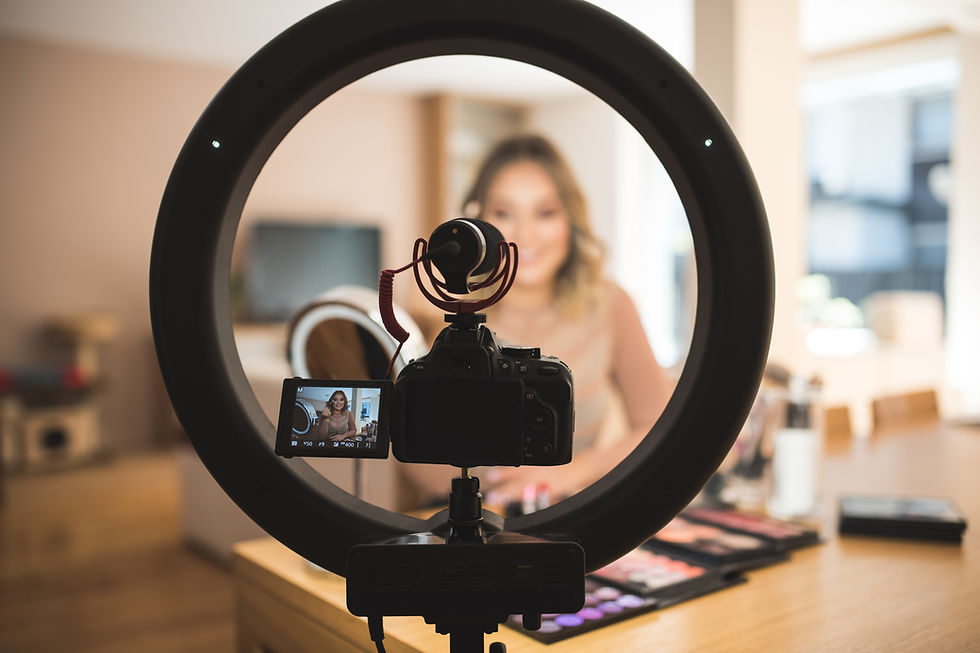Processing Grief After a Shooting in Today’s World: How to Move Forward
- Info Blue Oak Counseling

- Sep 11, 2025
- 3 min read

A Hard Reality
It’s heartbreaking, but shootings have become a part of the world we live in, from school shootings to reports of guns being brought onto college campuses. Even if you weren’t directly there, just hearing about these events can leave you feeling shaken, anxious, or even hopeless.
For many of us, schools and campuses were supposed to be safe spaces. Now, it’s normal to feel like that sense of safety has been ripped away.
Why Debriefing Matters
After a tragedy like this, a lot of people want to just push through and keep going. But pausing to debrief, to actually talk about what happened and how you feel, is important.
Debriefing helps you:
Get the heaviness out of your head instead of bottling it up.
Realize you’re not the only one feeling scared, angry, or confused
Start to rebuild some sense of safety and control
Sometimes this looks like talking with friends, journaling, or sitting down with a therapist. It’s less about finding quick answers and more about not carrying it alone.
Grief in the Wake of Violence
Grief after a shooting isn’t straightforward. It’s not just sadness, it can be fear, anger, guilt, or even numbness. Some days you might feel okay, and other days it hits you all over again.
Common reactions include:
Trouble focusing at work or school
Feeling on edge in public places
Being exhausted but not able to sleep well
Wondering why this keeps happening and what it means for the future
Whatever you’re feeling is valid. There’s no single way to grieve.
For Students and Young Adults
College students today face an unfair reality: wondering about safety in classrooms, dorms, or even at parties. That’s a lot to carry when you’re already juggling classes, work, and relationships.
Some ways to cope include:
Talking it out with friends, family, or someone you trust
Seeking professional help if the anxiety or grief feels too heavy
Staying connected since isolation makes grief heavier
Taking small steps toward safety by knowing the resources your campus has
Moving Forward
There aren’t easy fixes for something this painful. But healing is possible. It starts with giving yourself permission to grieve, talk about what happened, and take steps to feel safe again.
You’re Not Alone
If you’re struggling after a shooting, whether it was in your community or one you saw in the news, you don’t have to hold that pain by yourself.
At Blue Oak Counseling, we help young adults process trauma, manage anxiety, and start to heal after loss or tragedy.
Call us at (909) 366-4712 or visit blueoakcounselingservices.com
Q&A: Coping With Grief and Trauma
Q: Is it normal to feel anxious even if I wasn’t directly involved in the shooting?
A: Yes. We all feel the ripple effects of these events, and collective grief is real. Your feelings are valid.
Q: How do I know if I should see a therapist?
A: If your sadness, anxiety, or fear is getting in the way of sleep, work, or relationships, that’s a sign it might be time for extra support.
Q: What if I feel guilty for being alive when others are not?
A: Survivor’s guilt is common, but healing comes from remembering that your life has meaning. Therapy can help you work through those feelings without shame.
Q: How can I support a friend who is grieving?
A: Listen more than you talk. Let them share their story and sit with their feelings, even if you don’t have answers. Sometimes your presence matters more than your words.
Q: Will I ever feel safe again?
A: Safety takes time to rebuild, but it is possible. Supportive relationships, community, and professional help can guide you back to a place of stability.







Comments